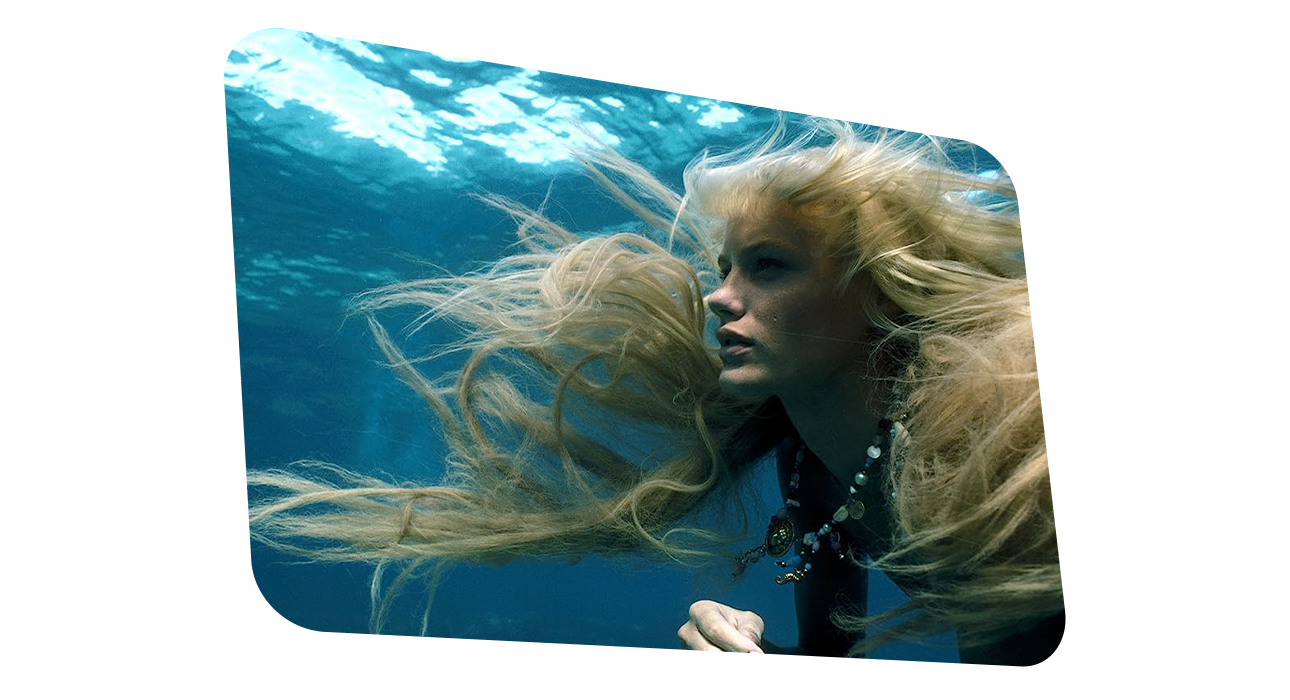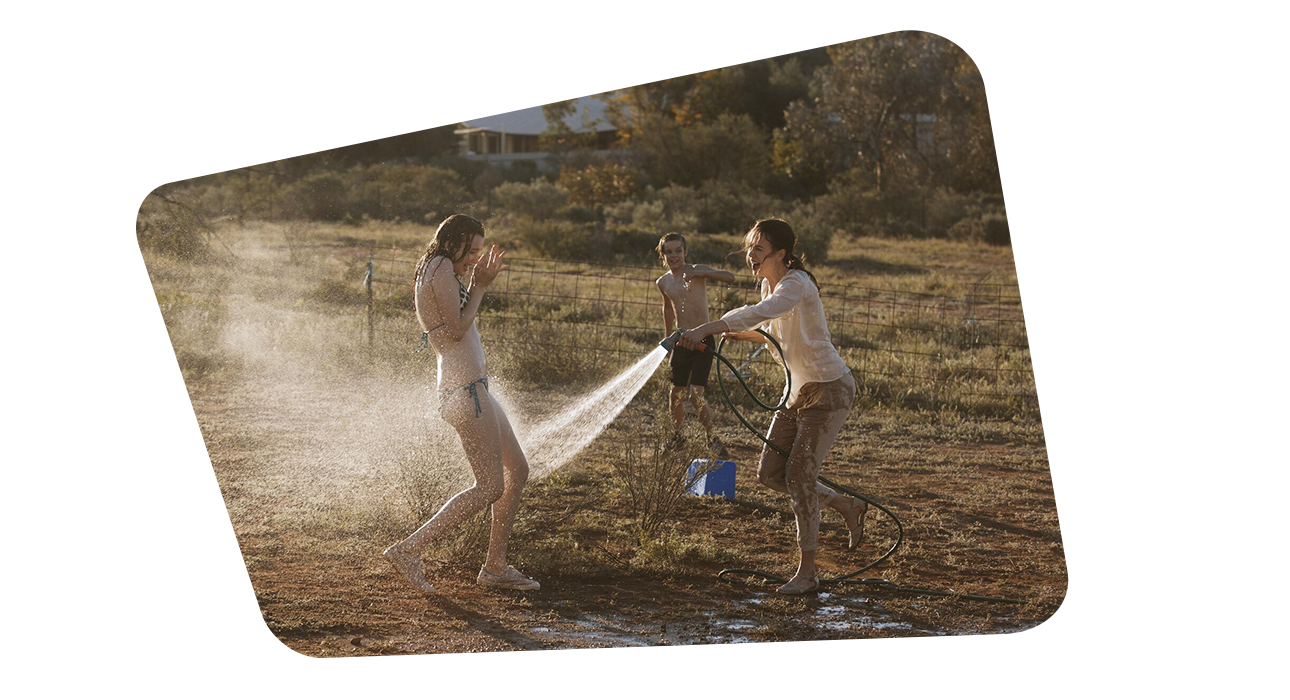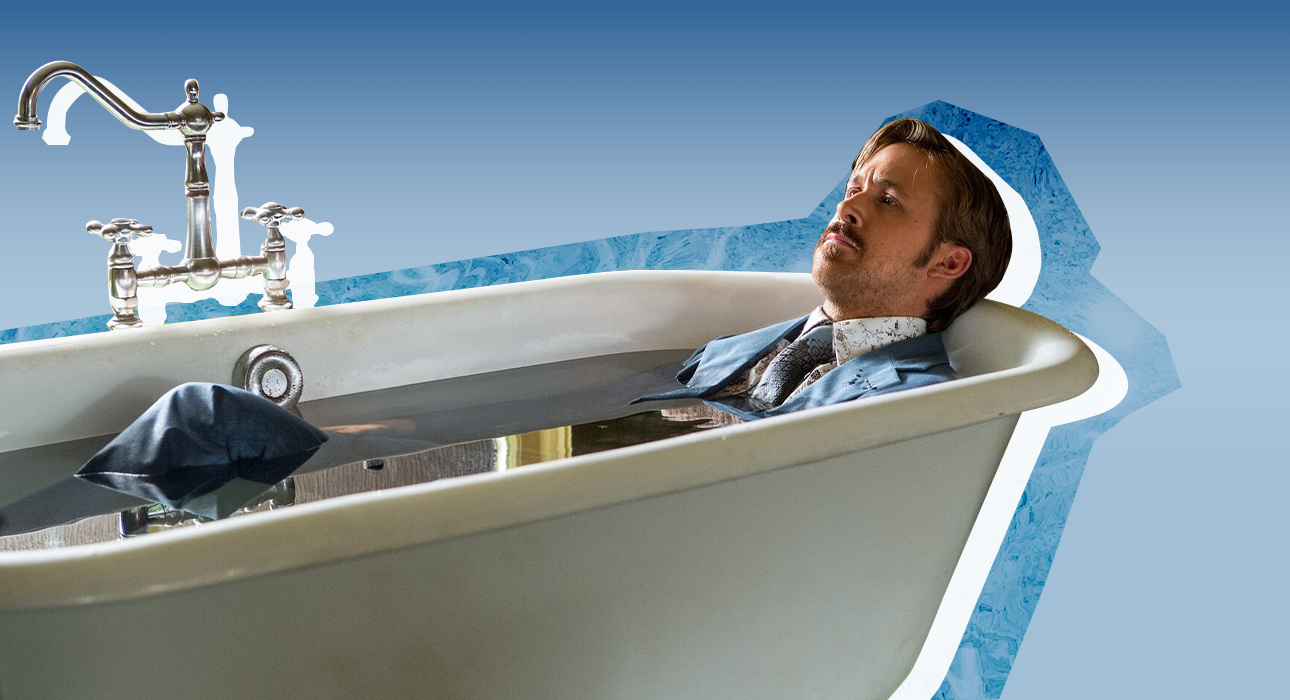Dear reader, we present to you our beauty columnist Inessa Tsarkova!
Inessa is an active nutritionist, gastroenterologist, therapist, naturopath and aromatherapist, health coach, integrative medicine doctor with a holistic approach. And now he will share with us his knowledge in the field of both physical and mental health, nutrition and much more.
“Water never rests, it destroys all life on earth and does not resort to violence. In this respect, it is similar to spiritual power. Water flowing in and out of everything purifies everything, which is an example of the good power of transformation,” said the ancient Chinese thinker and philosopher Confucius about water.

Inessa Tsarkova
Indeed, without water there would be no life on Earth. It fills living cells, allows processes to occur in them and cleanses them of everything unnecessary.
The human body also really needs water. It covers 80 percent of the total body volume in infancy, but decreases to 55 percent in old age. So you can see how life leaves the body along with water.
Even the human brain is 83% water and cannot function without it. For him, water is “food”. Therefore, when the amount of water in it decreases, it signals this with a feeling of “hunger” rather than thirst. And then many people think it’s time to eat, but actually they just need to drink water.
Blood, which consists of 94% water, begins to lose its fluidity, which is its main feature, with a lack of moisture. It becomes thicker and more viscous and begins to move with difficulty through the capillaries. This disrupts the delivery of oxygen and nutrients to cells, increasing the risk of blood clots and blockage of blood vessels, which can lead to stroke and heart attack, or even death.
The kidneys, our main “water mills,” only work when water is “poured” on them. However, they must remove all unnecessary and harmful substances dissolved in water from the body in a timely manner and in the appropriate amount. Therefore, when there is a lack of water in the body, the amount of urine and the frequency of urination decrease sharply, the urine becomes darker, has a stronger odor, and the risk of kidney stones increases.
What other symptoms of dehydration are there?

The cerebrospinal fluid thickens, the nutrition of the brain is disturbed, which causes severe weakness (even fainting), irritability, a decrease in the activity of thought processes and general performance, and dark circles appear under the eyes.
Problems arise in the functioning of the cardiovascular system: the heart rate increases. Blood pressure first drops, and then the body tries to raise it by spasm of peripheral vessels, which can cause dizziness and headaches, as well as pain in the heart area behind the sternum. Cramps and pain in the muscles often occur.
Dryness of the skin begins to bother you, the aging process accelerates, cyanosis (blueness of the skin) occurs, sweating decreases and rashes occur on the skin.
Dryness occurs in the mouth and nasal cavity, severe thirst occurs, saliva thickens and is no longer released, bad breath appears and constipation occurs. The production of a protective bicarbonate layer in the mucosa of the gastrointestinal tract decreases, which can cause inflammation and exacerbation of chronic diseases (such as gastritis and colitis), abdominal pain and nausea.
Edema paradoxically occurs due to lack of water. The fact is that a large amount of waste and salt accumulates in the intercellular space, which acts like a sponge and retains water.
Due to lack of water, bile thickens, which makes it difficult to secrete it into the intestines and increases its absorption into the bloodstream (which exacerbates the intoxication of the body), the risk of formation of stones in the gallbladder and bile ducts increases.
The amount of joint fluid decreases and becomes more viscous, and crackling occurs in the joints. Any movement can cause damage and microcracks in the cartilage tissue of the joints, which can lead to inflammation and pain.
The degree of dehydration of the body can be determined by laboratory indicators: hematocrit, central venous pressure indicators and acid-base status of blood (the most important indicator of homeostasis – the constancy of the body’s internal environment). There are mild (up to 5% of the weight), moderate (up to 10%) and severe (up to 15%) degrees.
We lose water every day through sweat, bowel movements, and the air we breathe. Scientists have calculated that the total daily loss in an adult is about two liters (about 30-35 ml per 1 kg of weight). This volume will depend on age, gender, physical activity, as well as ambient temperature. After all, the fact is that with the help of water, or rather its release and evaporation from the surface of the skin, the body regulates the constancy of its temperature. Therefore, water loss increases many times during intense physical activity, during illness, when the temperature increases, and during the hot season.
Dehydration is considered a condition from the moment water loss amounts to 1% of the total weight. And when the body loses 2% of water, a person begins to feel unwell: anxiety, dry mouth and thirst appear. With a loss of 5%, severe weakness, dizziness and nausea occur. Loss of more than 20-25% can be fatal.
Interestingly, the body itself is able to create a certain amount of endogenous water from fats, proteins and carbohydrates, as well as from the accumulated “garbage” in the process of metabolism and use (this ability occurs during fasting and in particular the so-called “dry” fasting). This can partially meet the body’s needs. But this is all very individual. And this will depend on the body’s reserves, nutritional habits and the presence of enzymes necessary for these processes. Therefore, it is very important to maintain the water balance in the body and replace the water loss externally in a timely and complete manner.
How to prevent dehydration?

Dear reader, try to remember and follow the basic rules that will help prevent dehydration. It is especially important to observe them in the warm season or in a warm room (and especially in dry weather).
Drink clean water (preferably hot – about 38-40 degrees) in an amount of approximately 35-40 ml per 1 kg of weight. You can add a few slices of lemon, fresh mint, 0.5 to 1 teaspoon of organic apple cider vinegar, or 1 to 2 drops of a natural, food-grade, therapeutic-grade essential oil (such as lemon, basil, or peppermint) to the mixture. This.
Why do we need clean water? The body fills all cells and cavities with clean water (not compote or milk); clean water is the best solvent and is involved in all life support processes. If you do not give the body clean water, it will have to make it on its own, depleting its resources and spending additional energy.
It is important to limit the amount of table salt (up to 2 g per day), as it retains water in the intercellular space and prevents it from performing its functions.
We need “drip irrigation” – that is, drink evenly throughout the day in small sips every 10-15 minutes or every 1-1.5 hours in a volume not exceeding 50-100 ml. If you drink a glass or more at the same time, diuresis “turns on” and the person rushes to the toilet (and then this water leaves quickly, it does not have time to fill the cells).
You don’t have to wait until you feel thirsty, because this is already the first sign of dehydration and our job is to prevent it.
Always carry a bottle (preferably glass) or thermal mug with you.
What drinks are best to avoid in the heat: strong tea, coffee, alcoholic beverages (including beer), ice drinks, juices (primarily packaged ones), sweet carbonated drinks are especially dangerous.
In the heat, it will be useful to slightly change your diet, reduce the amount of thermally processed (dehydrated) foods and animal products. Also try to eat less foods containing saturated and trans fats, sugar, flour and dairy products. Eat more fresh vegetables, herbs, berries and unsweetened fruit. A good rule of thumb is to drink a glass of clean hot water 30-15 minutes before meals; It is quickly absorbed and prepares the gastrointestinal tract for digestive processes.
It is also important to avoid overheating: do not stay in the open sun for a long time, wear a hat and light-colored clothes in summer, spray your face, neck and hands with water from a spray bottle (you can use essential oils). If possible, take a shower or swim in the pool as often as possible.
My friends, be aware and mindful of your body and its needs. Water is one of the first substances needed by the body. Dear Antoine de Saint-Exupéry wrote so beautifully about water:
“Water! You have no taste, no color, no smell, you cannot be explained, you enjoy without understanding what you are. You are not only necessary for life, you are life. With you, happiness spreads throughout our being… You regain our power and property… With your mercy, dried heart its springs open again. You are the greatest wealth of the world… You cannot tolerate pollution, you cannot stand anything foreign, you are a god that is very easy to scare… But you give us endless simple happiness.”
Source: People Talk
I’m Roger Gritton, and I’ve been writing for the The Fashion Vibes for over 5 years now. My specialty is beauty news; I’m passionate about covering the latest trends, products, and innovations in the industry. In my time there, I’ve become known as an authority on all things beauty-related.
I love discovering new experts to interview, researching up-and-coming ingredients and techniques that are making their way onto our beauty shelves and highlighting people who are making a difference in the world of cosmetics. My work has appeared not only on The Fashion Vibes, but also several other publications including the New York Times Magazine, Allure Magazine and Refinery29.





